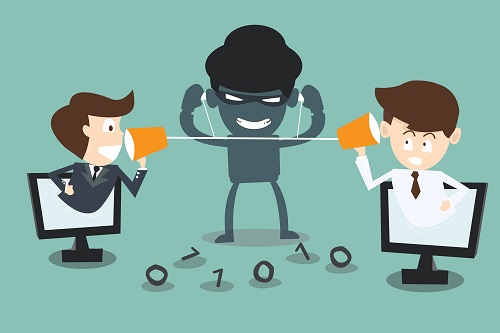Eavesdropping Technology: How Your TV, Barbie, and Facebook Can Hear You

Voice-activated functionality has become a standard feature of smartphones. Its convenience and popularity has led to voice-activation becoming a feature in smart TVs, websites, and appliances. As with all new technology, the balance of privacy incursions for access and convenience has been difficult to strike.
This week Wired reported about the misconceptions users have about voice-activated devices processing voice commands using only their hardware. In reality, voice commands spoken by users are often processed in the cloud and archived for years. The example they provide is someone swearing at their Apple TV in frustration: “The thing is, Apple TV doesn’t keep your foul language to itself. To understand your speech, it sends the audio to Siri’s cloud servers, where it’s processed—and archived, for up to two years.” Apple also came under criticism earlier this year for its Hey Siri feature, which allows users to activate the personal assistant on their iPhone with the simple voice command “Hey Siri,” which means the device is continually listening for the user’s voice activation.
Having our swear words uploaded to cloud servers and archived for years poses new questions about privacy and security. The prevalence of audio technology will mean that hacking in the future will go beyond text messages and emails to include archives of our speech. Last week, Lavasoft’s Andy Browne commented on the new Hello Barbie which captures voice data from the children using it: “The privacy policy says it captures voice data that can be used to improve speech recognition or AI algorithms…It also says the recordings can be shared with third parties, which is worrying. And from the policy, it says the recordings will be sent to Microsoft…we may not be aware of [who] has access to the recording.”
Personal assistant devices, such as Amazon’s Echo, are also gaining widespread popularity. Echo is advertised as a voice-activated music player but, according to ZDNet, “if utilized to its fullest it can become the central hub of your smart home, controlling lights and connected WeMo, Hue, and Wink devices. It's a DJ, a book reader, and a robust calendar, and its functionality is going to grow as Amazon continues development.”
Facebook does not record your conversation but its Music and TV Identification feature uses your microphone to “identify the things you’re listening to or watching based on the music and TV matches we’re able to identify.” This is an optional feature and only available in the US right now. The convenience of hands-free functionality and voice-recognition should always be weighed against the privacy and security risks it entails. In the near future, our recorded speech will be an asset similar to our emails and online photos, more accessible than ever before and exposed to a new set of potential risks.




